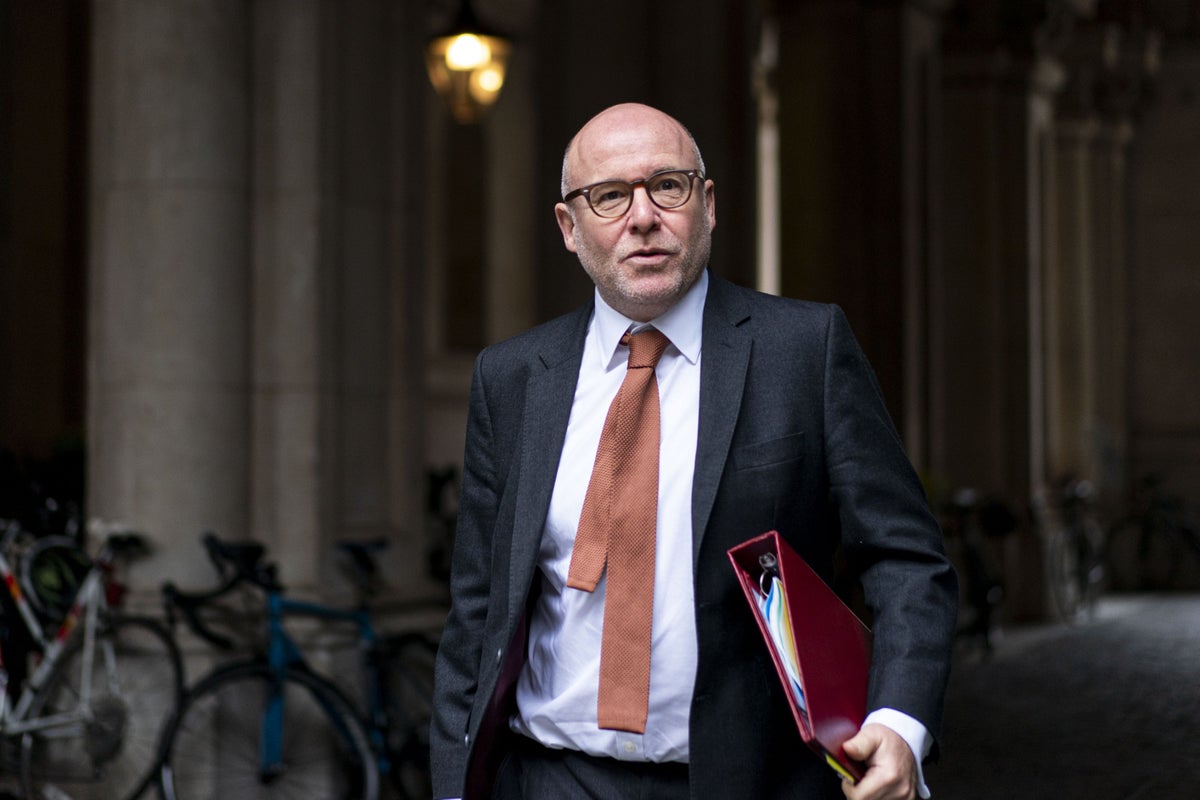
The Attorney General is set to be grilled by MPs and peers over the collapse of the trial of two alleged Chinese spies last month.
His appearance comes in the second round of hearings by the Joint Committee on the National Security Strategy (JCNSS) as it investigates the collapse of the case against Christopher Cash and Christopher Berry.
Mr Cash, a former parliamentary researcher, and Mr Berry – who both deny wrongdoing – had been accused of passing secrets to Beijing.
But the case collapsed when the Crown Prosecution Service (CPS) decided it did not have enough evidence to secure a conviction.
Lord Richard Hermer has said that he had no role in the decision to drop the prosecution of Christopher Cash and Christopher Berry.
Writing to the JCNSS ahead of his appearance on Wednesday, Lord Hermer said he was not “consulted” on the decision and it would have been “contrary to our constitutional values” for him to have interfered with the decision to drop the case.
He said he had expected the prosecution would go ahead until a meeting on September 3 with Stephen Parkinson, the director of public prosecutions (DPP), at which he was informed that the case would be dropped.
Lord Hermer told the committee that he “engaged in a discussion” with the DPP to “understand his decision” but did not “intervene in the case or give any direction” to Mr Parkinson.
Nor did he inform other Cabinet ministers until the CPS had informed the police and the defendants that the case would be discontinued.
The committee will also hear evidence from Cabinet Office minister Darren Jones.
In written evidence, Mr Jones said no minister or special advisor had any involvement in the provision of evidence by deputy national security advisor Matt Collins.
Attention has focused on Mr Collins’s statements, with the CPS saying his refusal to explicitly call China a “threat” or “active threat” to national security meant the prosecution could not continue.
Giving evidence on Monday, Mr Collins said he had provided evidence of a “range of threats” posed by China.
But he said he had not described the country as a “generic” threat as that had not been the position of the Conservative government in power when the alleged offences occurred.
On Tuesday, the JCNSS published a letter from Lord Alex Carlile KC that strongly criticised the DPP and the CPS.
Lord Carlile, a former criminal barrister and independent reviewer of terrorism legislation, said the DPP had made “an incorrect decision” in concluding there was insufficient evidence to prosecute the case.
He said Mr Parkinson “failed to assess the evidence correctly” and, in any case, should have charged Mr Cash and Mr Berry with attempting to commit espionage if he was still in doubt.
Lord Carlile concluded that these were “major mistakes and have damaged confidence in the Crown Prosecution Service”.
Tuesday also saw Labour MPs vote down an attempt by the Conservatives to force the Government to release correspondence relating to the case.
Cabinet Office minister Nick Thomas-Symonds said it was in the UK’s interest to “protect” the material sought by the Tories.
But shadow home secretary Chris Philp accused Labour of voting to “carry on the cover-up and conceal the truth from the public”.
